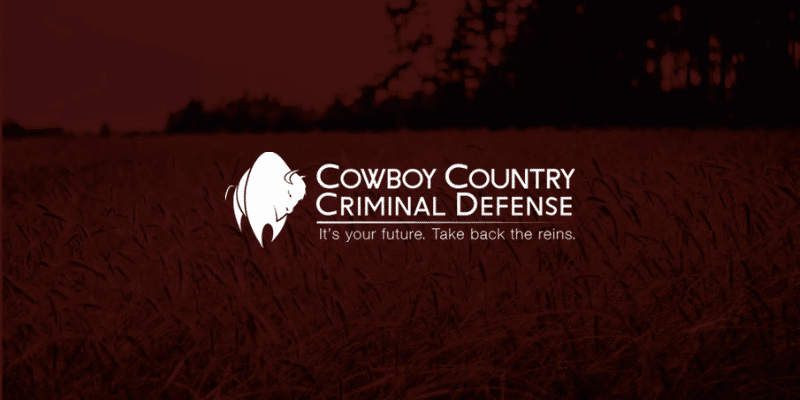If you violated the terms of your probation, you are probably facing serious consequences.
Probation revocation hearings can be complicated.
It is important to understand the process to help ensure you get the best outcome for your case.
WHAT IS A PROBATION REVOCATION?
If you were charged with violating the conditions of your probation, you probably received a summons to appear for a probation revocation hearing.
At a probation revocation hearing, a court will determine whether you have violated the terms of your probationary sentence and whether your probation should be revoked.
The terms of probation differ depending on the facts of each case. However, most jurisdictions use certain standard terms and conditions.
Common probationary terms require you to:
- Report to the probation department immediately following sentencing;
- Report to and and communicate with probation officers on a regular basis;
- Maintain full time employment;
- Refrain from owning firearms;
- Submit to regular testing for drug and/or alcohol use;
- Refrain from incurring new law violations; and
- Consent to random searches of your car, residence, and personal belongings.
Failure to comply with these terms and conditions will likely result in the probation department filing a complaint against you.
The complaint then triggers the process of probation revocation.
WHAT IS THE PROCESS OF PROBATION REVOCATION?
In Wyoming, your probation officer may take you into custody until your hearing or for a reasonable period of time prior to the hearing.
In a probation revocation hearing, a judge, hearing officer, or other person empowered to hear the case will decide whether you violated the terms of your probation.
The judge will use a preponderance of the evidence standard. This standard considers whether based on the evidence presented, there is a greater than 50% chance that you violated your probationary terms.
Like other hearings in criminal court, you have the right to present evidence, including witnesses, and to cross-examine the witnesses testifying against you.
If the judge finds that you have violated the terms of your probation, they will make a finding on the record reflecting the violation.
They will then determine the appropriate consequences.
If the judge determines you have violated probation, it does not automatically mean that your probation has been revoked.
In Wyoming, the judge may take you into custody for a probation violation.
Alternatively, he or she could order you to complete community service or impose additional terms and conditions of probation.
WHAT HAPPENS IF YOUR PROBATION IS REVOKED
If the court revokes your probation, it will sentence you as it would have if it had not originally sentenced you to probation.
This means that the judge can again consider the sentencing options available to him or her during your original sentencing hearing.
Additionally, if the court revokes your probation due to a new law violation, the State may charge you with a new crime.
This will result in new or additional sentencing exposure for you.
HOW A PROBATION DEFENSE ATTORNEY CAN HELP
Probation revocation proceedings have serious consequences, including time in prison.
For this reason, it is important to seek the advice of an experienced probation revocation hearing attorney in Wyoming.
An attorney will be well versed in the requirements of a probation revocation hearing and will ensure that your rights are protected.
An attorney will also be able to prepare you for your hearing and examine your witnesses and the witnesses against you.
Based in Casper, the attorneys at Cowboy Country Law are committed to defending individuals across Wyoming.
We are strategic, pragmatic, and focused attorneys.
We will represent you in court and negotiate with the Government to help you get the best outcome for your case.
Contact us today so we can help you protect your rights.

